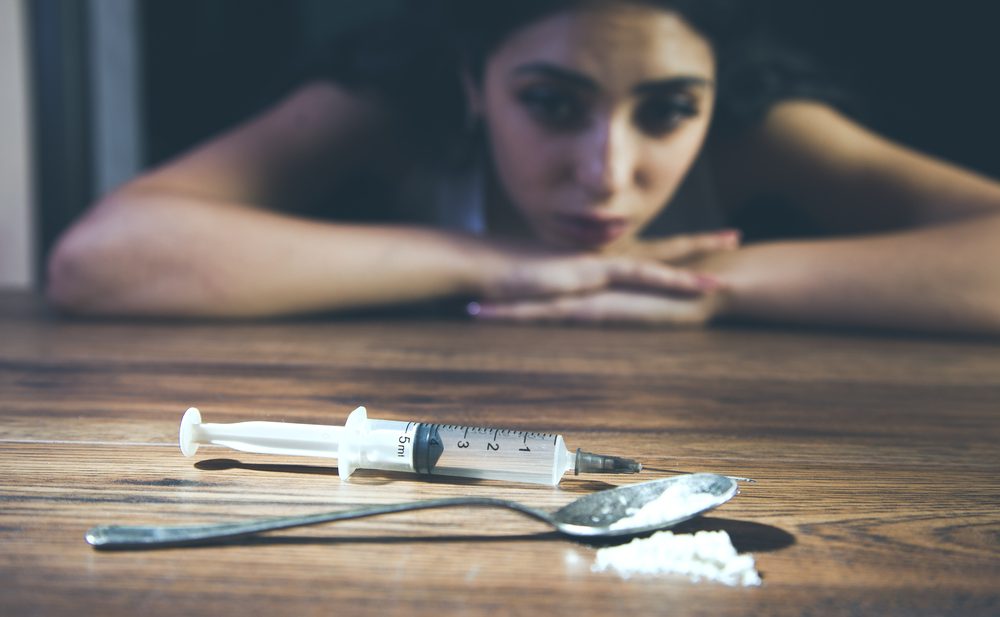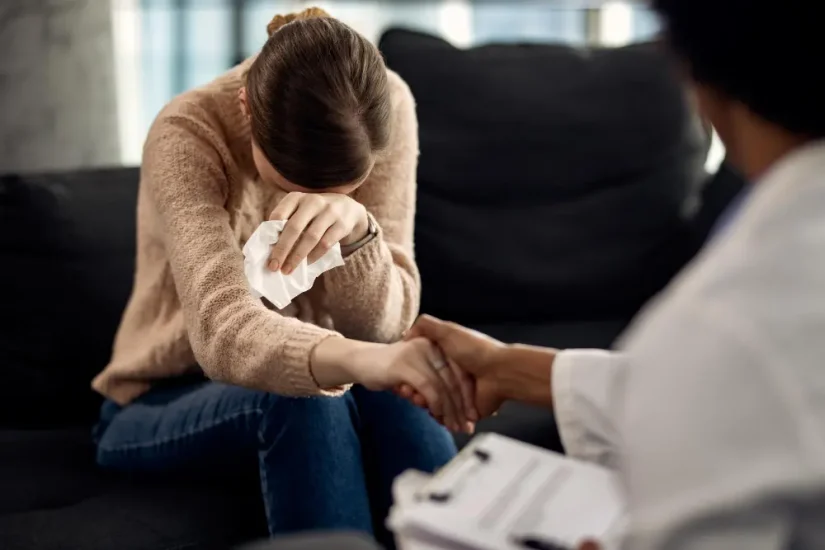- June 19, 2023
- by Shalini Murmu
- Addiction
To begin a journey toward mental health recovery requires unwavering courage and determination. But let’s be honest–does the path always unfold smoothly? The answer is a resounding no. In the quest to overcome addiction-related challenges, one may encounter unexpected twists and turns, and that’s where the concept of relapse comes into play. Let’s get to know the occurrence and the early relapse warning signs to watch out for.
Addiction Relapse Triggers
Recovering from addiction-related issues is undoubtedly a challenging endeavor. Despite making significant progress, relapse can occur along the way. But what exactly is relapse? It refers to a setback in the recovery process, where an individual experiences a recurrence or worsening of symptoms after a period of improvement. If a person happens to recover from the addiction cycle, chances are the urge will return back even after a period of treatment, and to know what these signs are it’s important to pay attention to minute details. It’s like getting caught in a whirlwind, tossing you right back to square one. Recognizing that relapse is not a sign of defeat but rather a detour on the road to healing is crucial.
Relapse Signs And Symptoms
The relapse stage often manifests through subtle warning signs that sometimes go unnoticed. These offer a glimpse into the vulnerability that lurks beneath the surface. By familiarizing ourselves with these early indicators, we can intervene early and enhance our chances of maintaining progress.
- Emotional Turmoil: Emotional instability can be an early red flag. Sudden shifts in mood, heightened irritability, or overwhelming feelings of sadness or anxiety might signal the potential onset of relapse in alcoholism or any addictive substance. Paying attention to emotional well-being empowers us to take proactive steps toward safeguarding our addiction recovery.
- Disengagement: Isolation is another potential sign of impending relapse. If one finds themselves withdrawing from social interactions and avoiding activities they once enjoyed, it’s time to take notice. Seeking solace in solitude can pave the way for relapse.
- Neglected Self-Care: When our recovery journey encounters obstacles, self-care often takes a backseat. Ignoring personal hygiene, skipping meals, or losing interest in activities that nurture our well-being might serve as well with the early relapse warning signs. Setting self-care as a top priority is essential to maintain balance and relapse prevention.
- Tempting Cravings: Cravings for addictive substances or behaviors can resurface unexpectedly, tempting us to veer off course. Acknowledging these cravings as they arise allows at the right time can help implement healthy coping strategies and seek support beforehand. Remember, cravings are transient, and with the right tools, we can overcome them.
- Rationalization and Justification: Our minds can be cunning allies or formidable adversaries. During the process of addiction recovery, one may find themselves rationalizing and justifying indulging in the old habits. We convince ourselves that a small slip won’t hurt, but this slippery slope often leads to relapse. Being aware of our inner dialogue and challenging such thoughts empowers us to make healthier choices.
To schedule an appointment for mental health recovery
What Do Mental Health Professionals Do For Relapse Prevention?
- Assessment and Individualized Treatment Planning: Experts carry out comprehensive assessments to understand a person’s unique circumstances, history, triggers, and risk factors for relapse. Using the results of this evaluation, they collaborate with the patient to work out an individualized treatment plan that addresses their specific needs and goals.
- Education and Psychoeducation: People are also helped to understand the nature of their addiction or mental health condition, the factors that contribute to relapse, and the importance of relapse prevention By imparting knowledge, specialists empower individuals to make informed decisions and take proactive steps in their recovery journey.
- Developing Coping Strategies: To manage relapse triggers like cravings, and challenging emotions, developing certain skills go a long way. Professionals help you figure out ways to handle stress, communicate like a boss, solve problems like a champ, and keep your emotions in check. They’ve got your back when it comes to finding the best strategies for keeping your cool during addiction rehab. These can maintain stability and resilience in the face of potential relapse triggers.
- Relapse Prevention Planning: These plans outline specific strategies, actions, and resources to utilize when faced with high-risk situations or relapse warning signs. They are tailored considering each person’s specific needs and circumstances, ensuring they have a clear roadmap to navigate potential challenges.
- Therapy and Counseling: Through group and family therapy sessions, underlying mental health issues are addressed to later develop healthier coping strategies, and strengthen resilience. Therapy focuses on improving emotional well-being, building self-esteem, enhancing problem-solving skills, and addressing any co-occurring mental illness that may contribute to relapse risk.
- Medication Management: Mental health professionals oversee medication management for people during their treatment. They ensure individuals are receiving the appropriate medications at the right dosages and monitor their response to those medicines. This can help stabilize symptoms, reduce relapse risk, and optimize overall well-being.
- Support and Accountability: Throughout the recovery process it is made sure that you receive support, guidance, accountability, and aftercare. Treatment centers serve as a reliable source of support, assisting individuals in navigating challenges, addressing setbacks, and reinforcing positive behavior change. Professionals also help individuals build a strong support system by connecting them with community resources or support groups.
Manage Relapse With North America Behavioral Health Services
With professional guidance, North America Behavioral Health Services connects you with experienced mental health professionals who specialize in relapse prevention. Their expertise and support can make a world of difference in your recovery journey. Contact us to get in touch with qualified experts who can help you get through the rough patch.
















